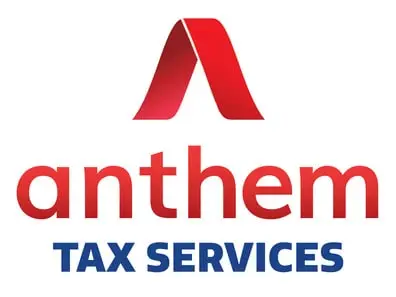Let us sort out any unfiled tax returns from previous years.
A non-filer is a taxpayer who has a tax return that was not filed. It is prevalent for a non-filer to have more than one unfiled tax return, and for the non-filing time frame to span over several years. The majority of taxpayers who did not file a tax return with the IRS may have not filed for one of the reasons several reasons listed below.
The non-filer has never filed a tax return and does not where to begin with filing a tax return or is reluctant to start filing in fear that the IRS will come back for other unfiled tax returns from previous years.
Another likely reason for not filing a tax return is because a taxpayer who might have always submitted a tax return in the past may have skipped filing a tax return for one year, and then did not know what to do next year out of fear that the IRS could take action against them for the year that was missed. Therefore, the taxpayer begins a process of continuing to not file tax returns for future years to come.
Furthermore, many taxpayers bypass filing a tax return because they don’t want to intercept their tax refund check for child support, student loans or other outstanding debt.



How the IRS handles Unfiled Tax Returns?
Unfortunately, when an individual or business is a non-filer and does not file a tax return, they are typically not aware of the IRS being able to file one for them. The IRS has a program known as the Substitute for Return Program, in which taxpayers who do not submit a tax return of their own can file a standard tax return. The bad part, however, is when the IRS files a new tax return; the taxpayer often owes the IRS money. This happens because the tax return that the IRS files does not maximize taxpayer deductions, expenses and exemptions. The unfiled tax return process can therefore swing from collecting a tax refund to owing money to the IRS.
The risk of not filing a tax return goes beyond the possibility of the money owed to the IRS. Social Security, Disability and Medicaid benefits are based on the lifetime earnings of a person reported to the Department of Social Security and the IRS. Most state-sponsored programs such as Unemployment Insurance and Compensation are solely dependent on reported income, and a non-filer may not receive full unemployment compensation because a tax return has not been completed.
Although it is a crime to not to file a tax return, many taxpayers that are non-filers and have not filed a tax return are largely at financial risk because the IRS imposes fines and compounding interest on non-filers’ tax debts. The interest and penalties can reach 47.5 percent. The IRS can also impose criminal and civil actions against non-filers.
A non-filer is often levied by the IRS on the outstanding tax amount of their unfiled tax return. If a taxpayer is fined or penalized by the IRS, the IRS will begin seizing the money within their bank accounts and garnish their future wages. Tax levies are the usually the standard for non-filers. The unfortunate part is that in most cases when people are penalized or have wage garnishments by the IRS, they don’t owe the money that the IRS receives.
Contact Anthem Tax Services tax relief for expert help on unfilled tax returns.

